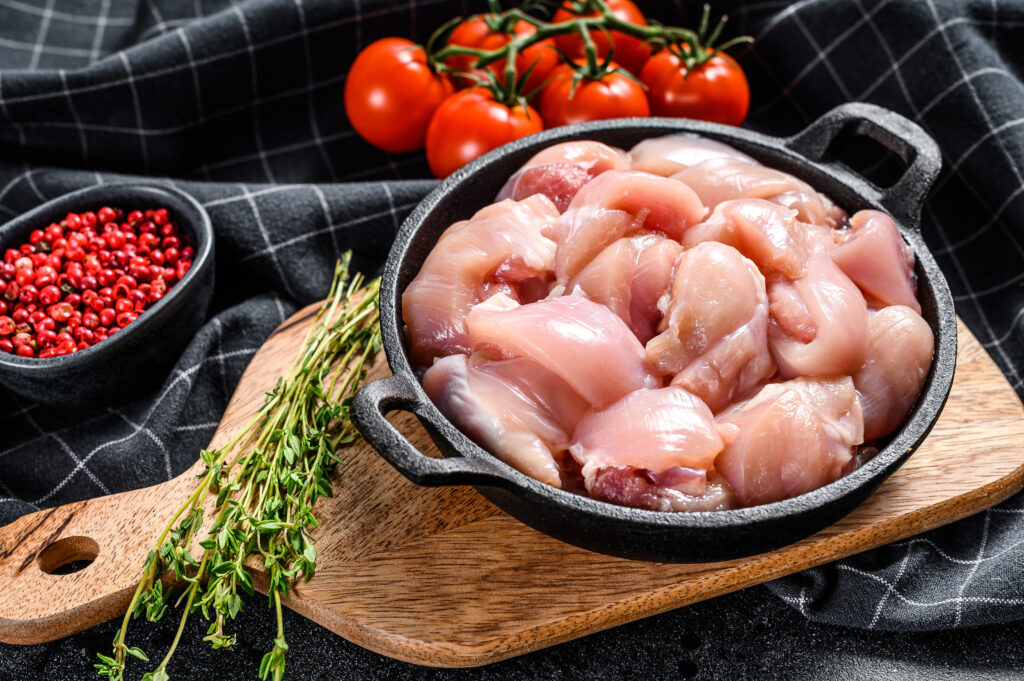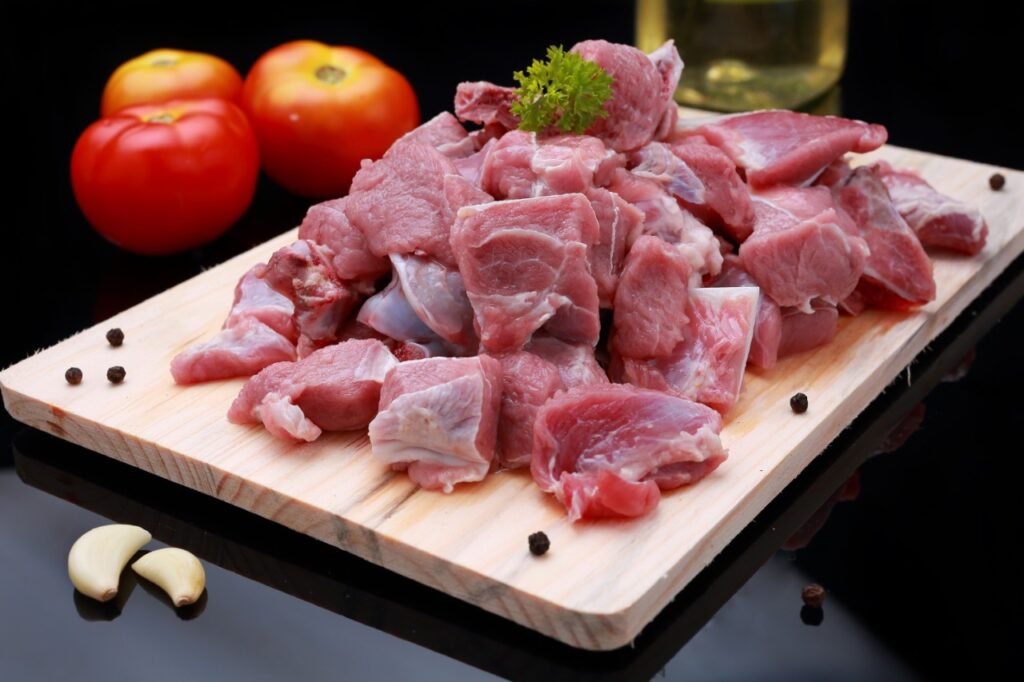‘Halal meat’ has been a topic of debate, apprehension and scepticism among non-vegetarian lovers for ages. Nevertheless, it has gained popularity not only among followers of Islam but also among individuals seeking ethically sourced and healthier food options. The word “Halal†owes its origin to the Arabic language, also the language of the holy Quran. So does it mean that ‘Halal meat’ is only meant for the followers of Islam? To answer this question we have to look beyond its name and understand the actual essence behind ‘Halal meat’.
With the advancement of technology and the usage of modern techniques, many people prefer meat obtained mechanically and find ‘Halal’ unhygienic and a painful process. Is this actually true?
Well, the answer is NO! The halal cut is when the jugular vein of the animal is cut at the time of slaughter. The jugular vein is the one that carries Deoxygenated blood, and once that blood is removed from the consumable part of the meat, it becomes much healthier and safer to eat. The meticulous process of halal slaughter and the associated guidelines have been suggested to offer various health benefits. This write-up explores the scientific evidence behind the potential health advantages of consuming halal meat.

Higher Quality and Safety
Halal meat requires animals to be treated with care and compassion throughout their lives. This may result in healthier animals, reducing the likelihood of diseases and infections. Additionally, the stringent rules for halal slaughter mandate the quick and humane slaughter of the animal, minimizing stress and improving the quality of the meat.
Many a time, halal meat has been examined for its microbiological quality and it was found that halal meat had lower bacterial contamination, indicating better hygiene and safety standards in its production process.
Reduced Blood Retention
One of the key principles of halal slaughter is the swift and thorough draining of blood from the animal’s body. This process can potentially reduce blood-related contaminants, promoting healthier meat. A recent study compared the blood content in halal and non-halal slaughtered animals. It concluded that halal slaughter resulted in significantly lower blood retention in the meat, which could contribute to reduced bacterial growth and a cleaner meat product.

Healthier Fatty Acid Profile
Halal dietary guidelines require animals to be fed natural and wholesome diets. This practice could lead to a more favourable fatty acid composition in halal meat, including higher levels of beneficial omega-3 fatty acids and lower levels of saturated fats.
Research published in the “Journal of Animal Science and Biotechnology” (2016) investigated the fatty acid profiles of halal and conventional meat. The study found that it had a more desirable omega-3 to omega-6 fatty acid ratio, which is associated with reduced cardiovascular risks.
Less Stress Hormones
The emphasis on humane treatment during the life and slaughter of animals in halal practices could potentially lead to lower levels of stress hormones in the meat and it might positively impact the meat quality.
Time and again scientific research has been done on ‘Halal meat’ and it suggests that consuming it does offer several health benefits, including higher quality and safety, reduced blood retention, a healthier fatty acid profile, and potentially lower levels of stress hormones. The meticulous care given to the animals throughout their lives and the humane slaughter process are likely contributing factors to these advantages. However, further research is needed to fully understand and quantify these benefits and to differentiate them from those of other high-quality meat production methods.





